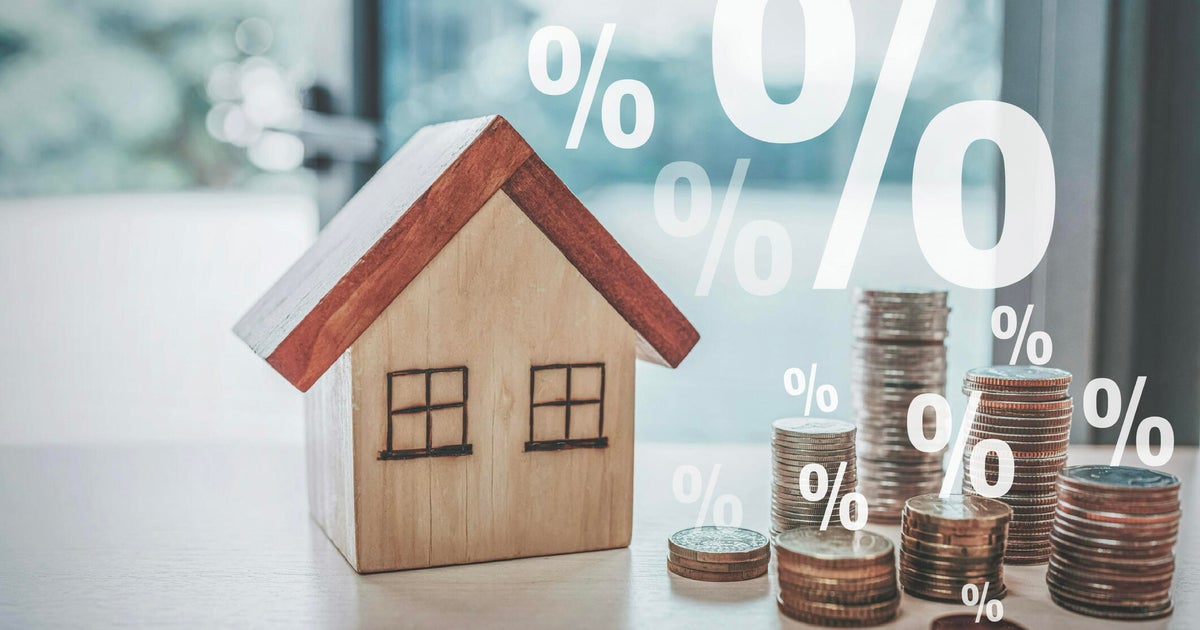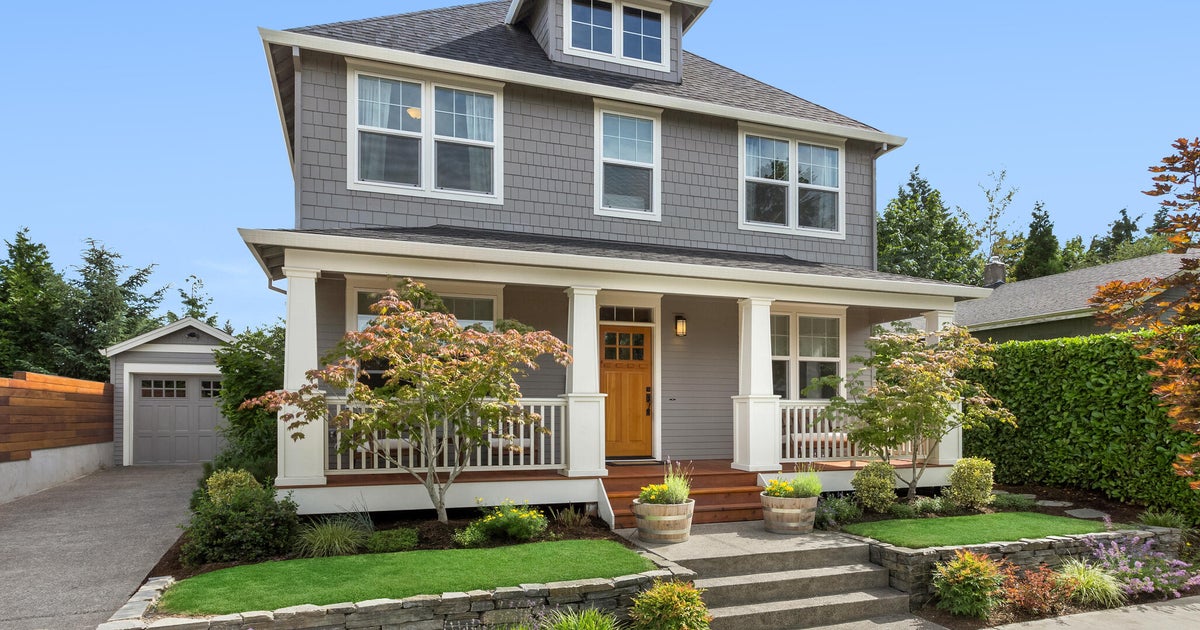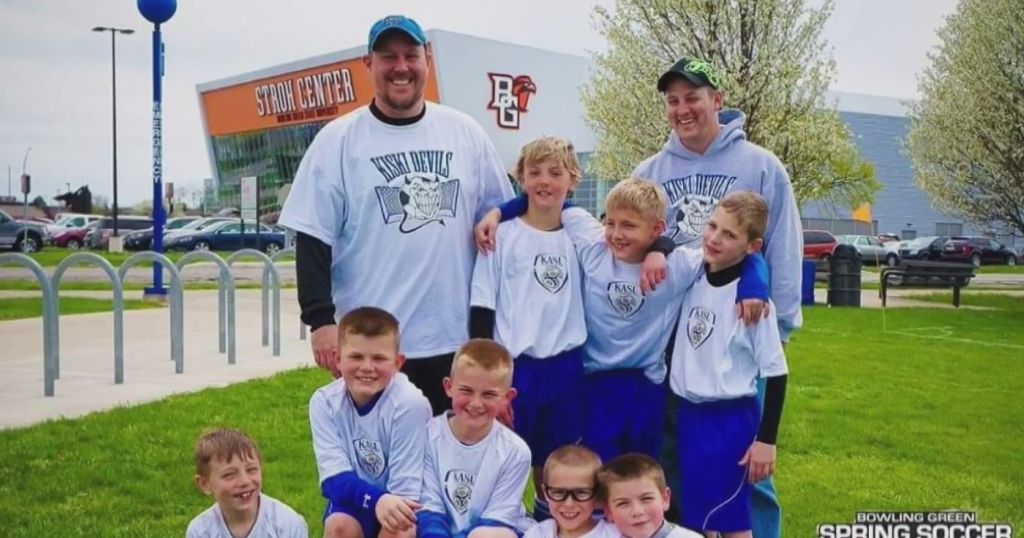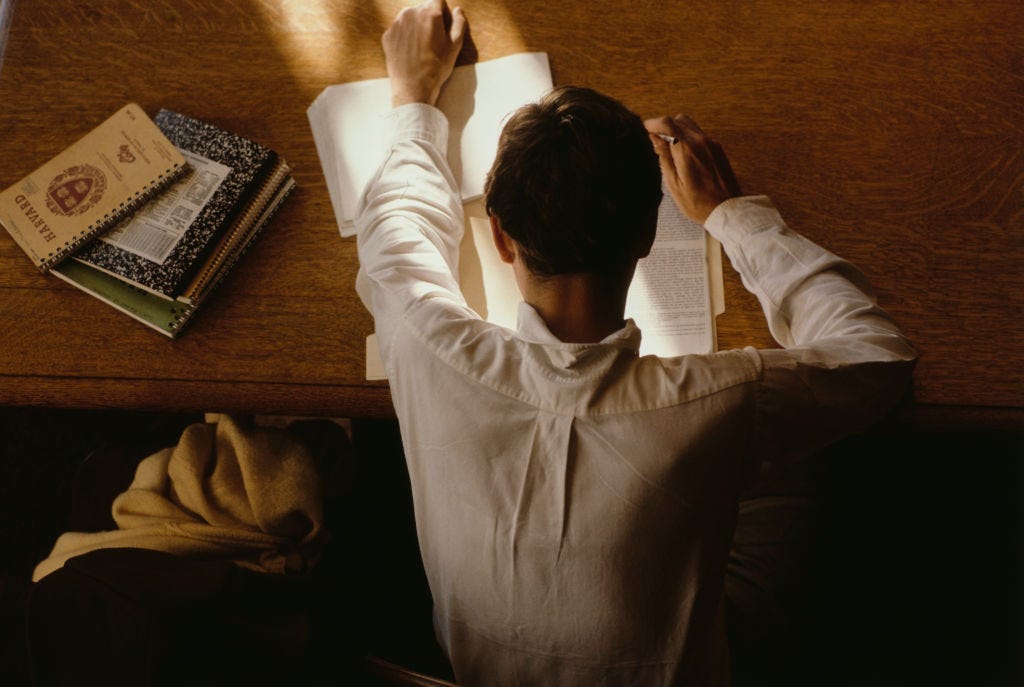Ivy League acceptance rates hit "shocking" lows amid pandemic upheaval
Ivy League colleges have never been easy to get into, but the coronavirus pandemic has made it even tougher. Harvard University, Columbia University and other elite schools sent out their admissions decisions on Tuesday night, revealing that a record low share of applicants were admitted.
At Harvard, 3.4% of applicants were admitted compared with 4.9% the previous year, while Columbia's rate dropped to 3.7%, from 6.1% — a record low for both institutions. Other Ivies also reported reduced admission compared with a year ago, when COVID-19 first shuttered the U.S. economy.
High school seniors applying for the class of 2025 have faced numerous hurdles, from shifting to remote classes to canceled college entrance exams. Colleges ranging from the Ivies to state college systems postponed the requirement for SAT or ACT scores during the pandemic, which in turn encouraged more students to apply to their dream schools. For instance, Columbia said the number of applicants surged by more than 50% this year, with more than 60,000 applications.
"I was expecting the admit rates to be much, much lower, but when you see it, it's shocking," said Charlie Javice, the CEO of Frank, a service that helps students with financial aid forms. "At that point, it's luck."
Colleges didn't expand the number of students they accept, with the increase in applications resulting in this year's record low admissions rates.
Here are the admission rates to the Ivy League colleges for the class of 2025:
- Harvard, 3.4%
- Columbia, 3.7%
- Princeton, 4%
- Yale, 4.6%
- Brown, 5.4%
- University of Pennsylvania, 5.7%
- Dartmouth, 6.2%
Cornell said it admitted 5,863 students to the Class of 2025, but didn't disclose the number of applicants.
The question will be whether the Ivy Leagues became more diverse, such as by accepting more first-generation college students or those from underrepresented backgrounds, Javice noted. That's become a hot-button topic for the nation's elite schools amid widening income inequality as well as the Varsity Blues scandal, which exposed a bribery and cheating scheme that helped the children of wealthy people get admitted to elite universities.
Students thought, "'Why not apply for my moonshot school because I can?'" Javice noted. "All these barriers were removed. The flip side is you have so many schools that are struggling — this is just the elite side of it."
Drop in low-income students
Community college enrollment rates, meanwhile, have plunged during the pandemic, with enrollment down almost 10% compared with last spring, according to the National Student Clearinghouse, which tracks enrollment data. Overall, college enrollment this year is about 3% lower than last spring.
Low-income students may be opting out of college for a year, or searching for other routes to careers that have less cost, such as entering a trade. Javice said the average household income for students with whom her company works has risen from $35,000 to about $52,000, which suggests a drop-off in the number of low-income students applying to college, she said.
"What COVID did was accelerate trends in the economy overall, and this is one of them," she noted. "It's a bigger wedge between those who have and those who don't."



